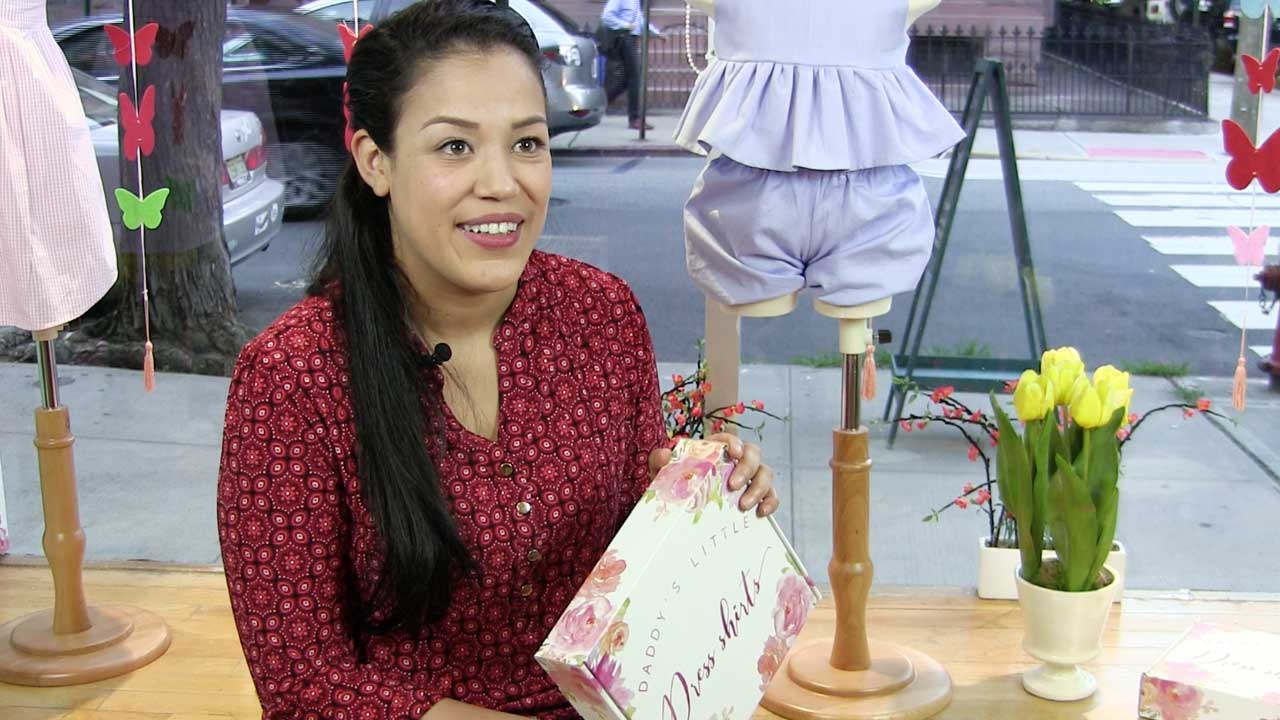Is Insecurity Harming Your Health?

by Winnie Yu
Anxious about your marriage? Nervous that your friends don’t really like you? Relationship insecurity does more than sabotage your emotional well-being: A new study conducted at Acadia University in Wolfville, Nova Scotia, shows it can increase your risk for heart disease, chronic pain, stroke, ulcers and other health problems.
“Feeling secure and satisfied [in your relationships] reduces stress, increases [your] ability to ask for help and seek help when needed — such as getting regular doctor checkups — and tends to influence healthier activities, such as exercising, losing weight, and not engaging in self-destructive habits, such as smoking and drinking to excess,” says Terry Orbuch, a doctor of psychology and author of 5 Steps to Take Your Marriage from Good to Great. “When you are in a secure and happy relationship, the whole world looks more positive, and you feel more confident. Optimism motivates you to take better care of yourself.”
To shake off relationship insecurity and build strong, secure ties that bolster your emotional and physical well-being, focus on the following:
1. Invest time and energy in your relationships.
Remember to verbalize openly to your partner and friends what you like and admire about them. Take time to sit down and really listen. Ask questions about their lives and help them celebrate their successes without envy. “Research shows that the most essential quality of a good friend is that when you share good news, a friend is happy for you,” Orbuch says. In other words, be a good friend and you’re more likely to have good friends.
2. Identify moments of insecurity.
If you feel insecure whenever your partner goes away, for instance, learn to recognize that separation as a difficult and irrational time, says Elaine Aron, a doctor of psychology, researcher at the State University of New York at Stony Brook and author of The Undervalued Self. Identifying moments of insecurity helps put them into perspective and gives you something concrete to work on, which makes them easier to manage.
3. Name your “insecure self.”
Label bouts of relationship insecurity with a name, such as “My When-You’re-Away Self,” or “Bobby, the Abandoned Boy.” “Doing that separates your insecurity from yourself and makes you less embarrassed so that you can talk about it,” Aron says. It’s also a chance to inject some humor into the situation, which will help erase the shame that comes with feeling worthless and unlovable.
4. Talk it out.
Feel a bit jealous when your friend says she’s been spending more time with other friends? Try telling her about those feelings and asking her to help you out. Maybe all you need is a word of reassurance from her. “No one is secure 100 percent of the time,” Aron says. An open dialogue can give you both concrete strategies for dealing with difficult emotions.
5. Consult a professional.
Still having trouble forming close bonds with others? A therapist who specializes in attachment issues can help you work through it. Be sure to find someone you like and feel comfortable with. The investment will be worth it, benefiting both your mind and body.
Winnie Yu frequently writes about health and nutrition. Her articles have appeared in Prevention, VIVMag, AARP Bulletin, Diabetic Living and on NYTimes.com. She is the author of What to Eat for What Ails You and the American Academy of Pediatrics’ New Mother’s Guide to Breastfeeding.




